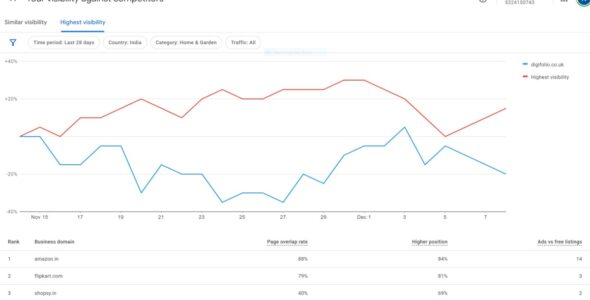How Business Intelligence Can Improve Real Estate Decision Making
Business intelligence (BI) is the process of collecting, analyzing, and interpreting data to help businesses make better decisions. In the real estate industry, BI can be used to improve decision making in a number of ways.
Here are some of the ways that BI can be used in real estate decision making:
- Identifying market trends: BI can be used to identify emerging trends in the real estate market, such as changes in demand, supply, and prices. This information can be used to make better investment decisions and to target marketing campaigns more effectively.
- Finding undervalued properties: BI can be used to identify properties that are undervalued by the market. This information can be used to negotiate better prices or to identify opportunities for flipping properties.
- Predicting future demand: BI can be used to predict future demand for different types of properties. This information can be used to make better investment decisions and to plan for future growth.
- Personalizing marketing campaigns: BI can be used to personalize marketing campaigns to different target audiences. This can help to improve the effectiveness of marketing campaigns and to generate more leads.
- Optimizing pricing strategies: BI can be used to optimize pricing strategies for different types of properties. This can help to maximize profits and to attract more buyers.
- Managing risk: BI can be used to identify and manage risks in the real estate market. This can help to protect businesses from losses and to make better investment decisions.
By using BI, real estate businesses can make better decisions about pricing, marketing, operations, and risk management. This can help them to improve their bottom line and to achieve their business goals.
Here are some of the challenges of using BI in real estate decision making:
- Data availability: Not all real estate data is readily available. This can make it difficult to collect the data that you need to make informed decisions.
- Data quality: The quality of real estate data can vary. This can lead to inaccurate conclusions and decisions.
- Data interpretation: It can be difficult to interpret real estate data and to make accurate predictions.
- Cost: BI can be expensive. This can make it out of reach for some businesses.
- Skills: BI requires specialized skills and knowledge. This can make it difficult for businesses to implement BI without the help of a third-party vendor.
Despite these challenges, the potential benefits of using BI in real estate decision making are significant. By overcoming these challenges, businesses can use BI to improve their decision-making and to achieve their business goals.





